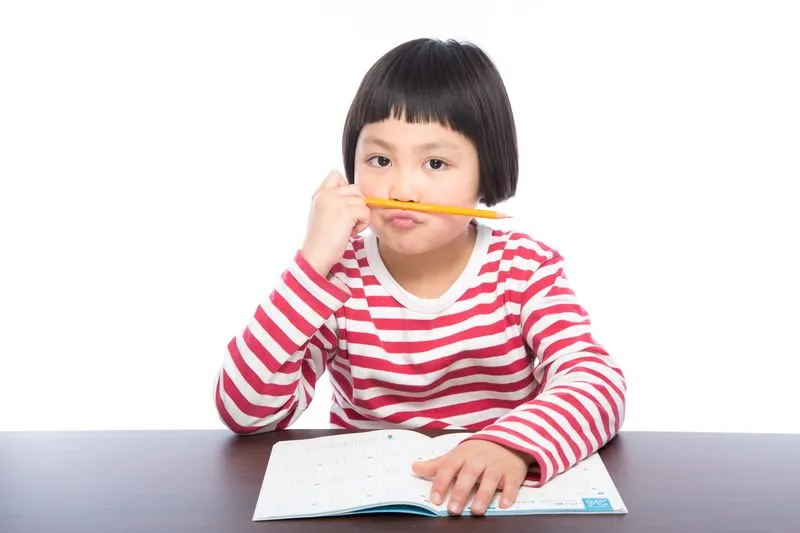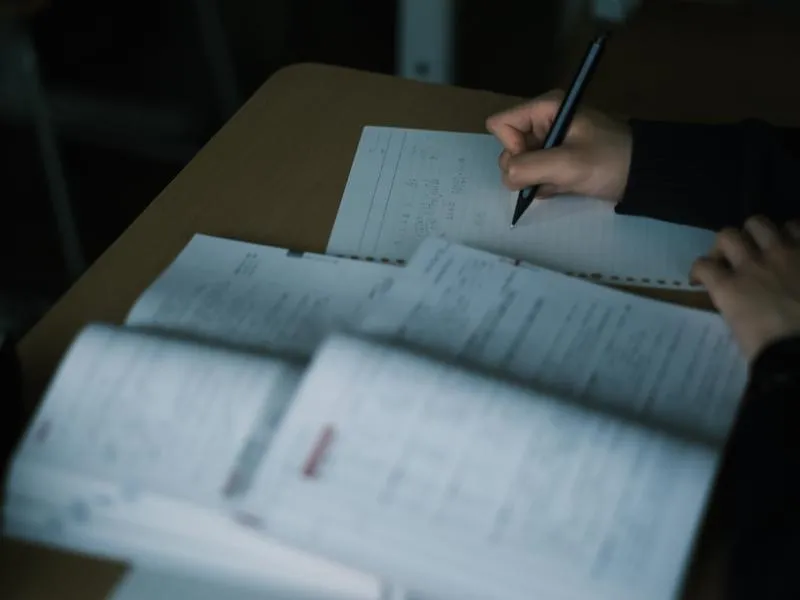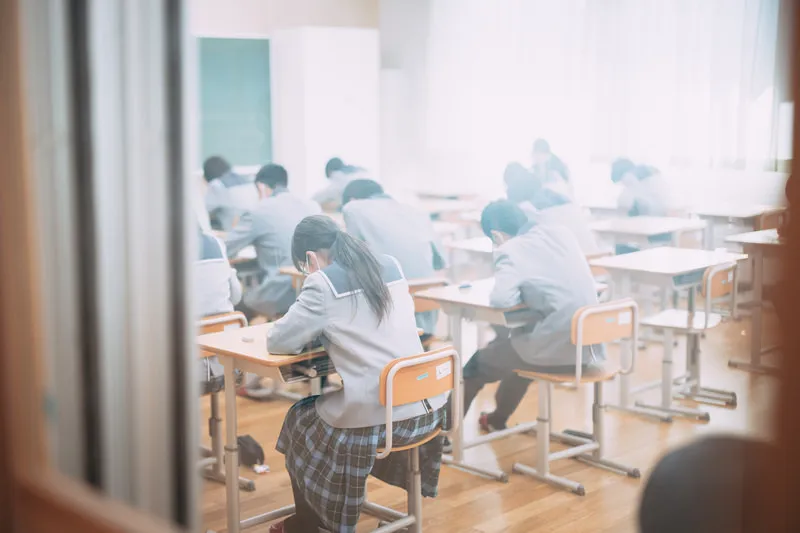November 18, 2023
The Schooling System in Japan
The Schooling System in Japan: A Look into its Key Aspects and Academic Excellence
The Schooling System in Japan: An In-Depth Look at Key Aspects and Academic Excellence Discover the renowned education system in Japan, known for its discipline, work ethic, and academic excellence. Learn about the compulsory education age range and the option to continue education through upper secondary school and higher education opportunities. Explore the key aspects of Japans highly regarded schooling system.
Japan is widely regarded for its high-quality education system, consistently ranking among the top performers in global education assessments. The schooling system in Japan focuses on fostering discipline, a strong work ethic, and academic excellence. Lets dive deeper into the key aspects of this renowned education system.
Compulsory Education
In Japan, education is compulsory for students from the age of 6 to 15. It consists of elementary school (six years) and lower secondary school (three years). While not mandatory, the majority of students continue their education through upper secondary school (three years) and many pursue higher education at universities or vocational schools.
Elementary School
Elementary school education in Japan focuses on laying a strong foundation in core subjects such as reading, writing, mathematics, and science. The curriculum is designed to promote holistic development, including physical education, arts, and social activities. Moral education is also emphasized to instill good values and ethical behavior.
Lower Secondary School
Lower secondary school education builds upon the foundation of elementary school. Students explore a broader range of subjects, including social studies, foreign languages, and practical skills. The curriculum also includes moral education, which continues to be an integral part of learning. Lower secondary education places emphasis on preparing students for upper secondary school and future career paths.
Upper Secondary School
Upper secondary education in Japan offers two paths: general education and specialized education. General education focuses on cultivating a well-rounded education and preparing students for university entrance examinations. Specialized education, on the other hand, provides vocational training for various careers such as nursing, engineering, or agriculture.
Higher Education
Japanese students have the option to pursue higher education at universities, junior colleges, or vocational schools. Universities in Japan are renowned for their academic rigor and contribution to research. Entrance into prestigious universities is highly competitive, and students need to excel in national entrance examinations.
Inclusion and Support
The Japanese schooling system prioritizes inclusivity and support for all students. Special education needs are addressed through resource rooms and specialized institutions to ensure every student has an equal opportunity to succeed academically and socially.
Building Character and Discipline
Aside from academic excellence, the schooling system in Japan aims to build character and develop discipline among students. Students participate in cleaning activities, take responsibility for their school environment, and participate in club activities, nurturing teamwork and cooperation.
A Global Perspective
With an increasingly interconnected world, Japanese schools are incorporating global perspectives into their curriculum. English language learning is emphasized, and international exchange programs provide students with opportunities to enhance their cultural understanding and international cooperation.
Conclusion
The schooling system in Japan focuses on fostering discipline, academic excellence, and character development. From elementary to higher education, Japans education system consistently promotes well-rounded growth. By blending traditional values with a global outlook, Japan continues to cultivate future leaders equipped with the necessary skills to thrive in an ever-changing world.
Related Articles:




